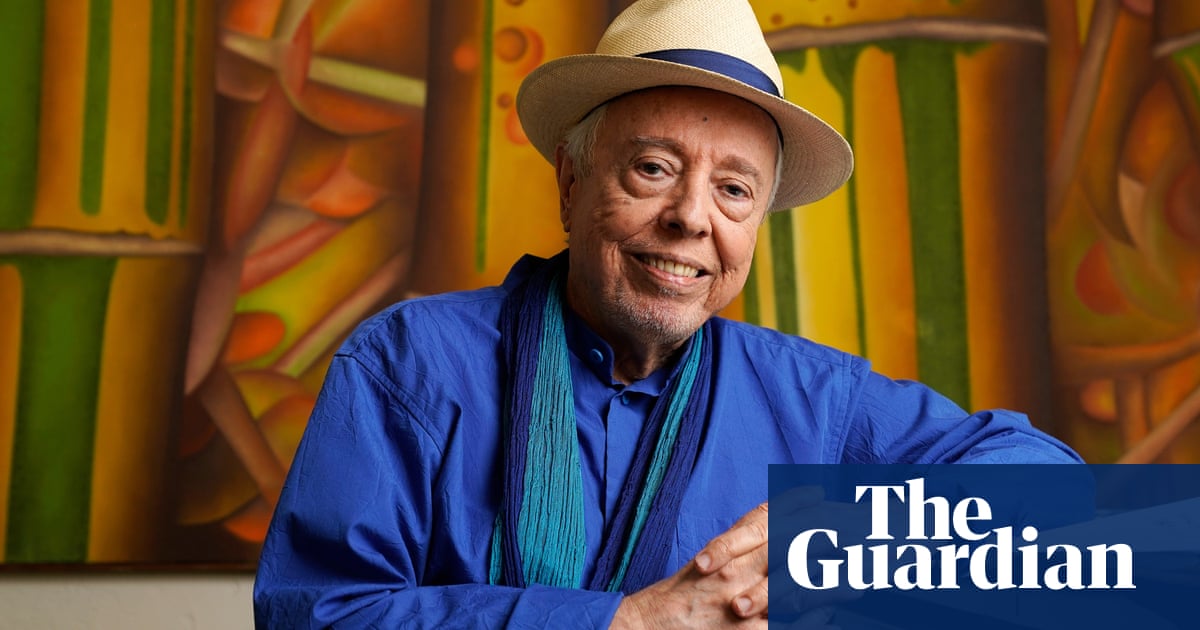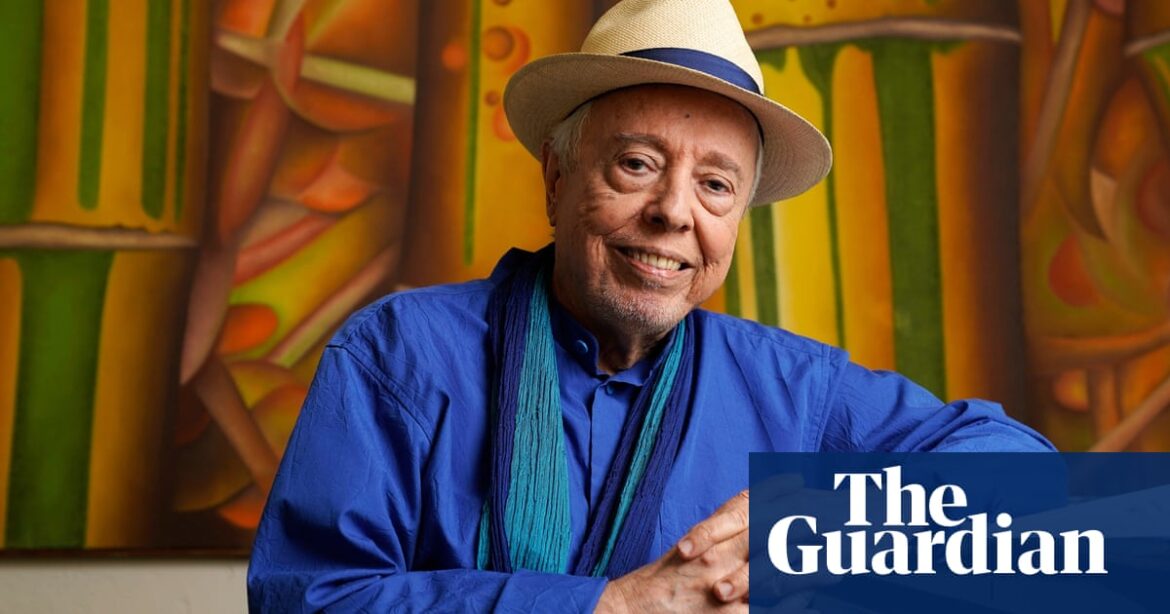
The Brazilian musician Sérgio Mendes, who brought bossa nova to an international audience in the 1960s with his band Brasil ’66, has died aged 83 as a result of health challenges related to long-term Covid.
In a statement, Mendes’s family said he “passed away peacefully” in his home town of Los Angeles. “His wife and musical partner for the past 54 years, Gracinha Leporace Mendes, was by his side, as were his loving children. Mendes last performed in November 2023 to sold out and wildly enthusiastic houses in Paris, London and Barcelona,” they said. “For the last several months, his health had been challenged by the effects of long-term Covid.”
Other Brazilian musical greats paid tribute to their friend as news of his passing spread in his native Brazil.
“Rest in peace, beloved genius,” the legendary singer Milton Nascimento wrote on Instagram.
“There were so many years of friendship, partnership and music – and he will be with me for ever, in my heart,” Nascimento added.
The singer-songwriter Marcos Valle remembered his friend Mendes as a pioneer of the bossa nova subgenre, samba jazz, during the 1960s. “He was an ambassador for popular Brazilian music, in all of its different dimensions,” Valle told the television network GloboNews.
Another celebrated Brazilian musician, João Bosco, said his country had lost not just a great musician, pianist and arranger, but also a great “thinker of Brazilian music”.
Bosco called Mendes’s 1962 record Você Ainda Não Ouviu Nada! (You’ve not heard anything yet!) a landmark in Brazilian instrumental music.
The American musician Herb Alpert, who helped Mendes launch his international career, called Mendes his “brother from another country”.
“He was a true friend and extremely gifted musician who brought Brazilian music in all its iterations to the entire world with elegance [and] joy,” Alpert wrote on Instagram, alongside a photo of them together in the studio.
Born in Niterói on 11 February 1941, Mendes studied classical piano as a child. His father was a doctor, and encouraged Mendes to follow in his footsteps, but shifted view after seeing Mendes’s burgeoning interest in and talent for jazz. “When he saw me play and saw that I was doing well with bands, he’d kind of lay back and let me do my thing,” Mendes recalled in a 2005 interview.
Mendes began his musical career as a teenager in the late 1950s, playing in Rio nightclubs just as bossa nova was becoming an international sensation. Mentored by bossa nova pioneer Antônio Carlos Jobim, Mendes formed the band Sexteto Bossa Rio and released his instrumental debut album Dance Moderno in 1961. Mendes became a sought-after collaborator for American musicians, including Cannonball Adderley and Herbie Mann, with whom he recorded in the early 1960s.
In 1964, Mendes moved to Los Angeles, signed with Capitol Records, and formed the band Brasil ’65. After releasing two albums that met with low sales, the group recruited two singers, Lani Hall and Bibi Vogel, to sing in English, and renamed themselves Brasil ’66. Produced by Herb Alpert, the album went platinum thanks in part to the success of single Mas Que Nada, which he would re-record in 2006 with the Black Eyed Peas.
In 1968, Mendes reached a wider audience when he performed The Look of Love on the televised Academy Awards broadcast, and Brasil ’66’s version of the song hit the US Top 10. It made Mendes a star who would perform for presidents and at the Japan World Expo in 1970, and an international ambassador for bossa nova. “You can relate to it in an organic way,” he said of the genre in 2005. “It makes you dream and it makes you feel good. It’s very rhythmical so you can dance to it, and it has haunting melodies that you take to bed with you, so you can hum and whistle them.”
Mendes continued recording throughout the 1970s and 80s, achieving another No 4 hit in 1983 with his adult contemporary take on the Barry Mann and Cynthia Weil song Never Gonna Let You Go. In 2006, Mendes released the comeback album Timeless, produced by the Black Eyed Peas’s will.i.am. The album, featuring guest appearances from Erykah Badu, Q-Tip, Stevie Wonder and Justin Timberlake, reflected the many underground rap records that sampled Mendes’s music.
Mendes helped produce music for the animated films Rio and Rio 2, and was nominated for an Oscar for best original song in 2012 for Real in Rio. He also won a Grammy for best world album for Brasileiro in 1992. Mendes kept performing until last year, and his most recent album, In the Key of Joy, was released in 2020.
He is survived by his wife, Leporace, and five children.
Source: theguardian.com



